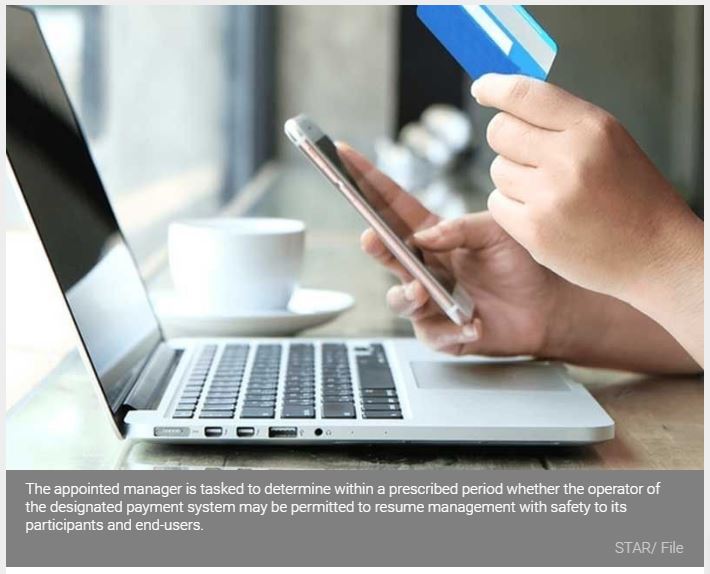Philippines: BSP tightens lid on payments
MANILA, Philippines — The Bangko Sentral ng Pilipinas (BSP) has strengthened the oversight of payment systems to mitigate potential systemic risks amid the global health crisis and after the country was dragged into the $2.1 billion Wirecard AG scandal.
BSP Governor Benjamin Diokno said the Monetary Board approved the Payment System Oversight Framework (PSOF), setting out the approach and rules in the conduct of oversight function pursuant to Republic Act 11127 or the National Payment Systems Act.
“This is part of the BSP’s reform agenda to strengthen governance of payment systems, especially during the COVID-19 pandemic, and as we transition to the new economy,” Diokno said.
The Monetary Board issued Resolution 803 on June 25, adding sections to the Manual of Regulations for Payment System because a safe and efficient national payment system is crucial to the smooth functioning of financial markets and the stability of monetary and financial systems.
“The framework introduces unified supervision with overlaps seen between the oversight authorities of the BSP and other regulatory agencies. This is in line with global best practices highlighting close interagency partnerships to mitigate potential systemic risks,” Diokno told reporters.
The new framework identifies a joint supervisory approach for financial activities that involve linked settlements such as the delivery of a security against payment of cash.
For the financial transaction, the security settlement is under the Securities and Exchange Commission (SEC)’s regulatory power, while the funds settlement is under BSP supervision.
The framework also follows a risk-based approach with the designation of payment systems based on importance. These systemically important payment systems or those that play a vital
role in sustaining financial and monetary stability shall be prioritized for regulatory oversight.
The PSOF designates the systematically important payment systems (SIPS) that has a potential to pose systemic risk and threaten stability of the national payment system as well as important payment systems (PIPS) or those whose potential to systemic risks is deemed a remote possibility, but could considerably affect the local payment system should it happen.
According to the BSP, it recognizes that the safety, efficiency, and reliability of a designated payment system may be at risk because of weaknesses in governance by its operator.
The framework, likewise, provides for the BSP’s appointment of a manager to administer the operation of a payment system operator. It also identifies a measure against potential disruptions in payment systems.
“When a threat to the safety, efficiency, and reliability of a payment system arises due to weakness in governance, BSP can appoint a manager of recognized competence to handle the operations of an erring operator of a designated payment system,” Diokno said.
The appointed manager is tasked to determine within a prescribed period whether the operator of the designated payment system may be permitted to resume management with safety to its participants and end-users.
Diokno said the recommendation of the appointed manager is still subject to approval by the Monetary Board.
The BSP may deploy enforcement actions to ensure compliance with the provisions of the new framework and bring about timely corrective actions.
The Philippines has been dragged into the alleged missing funds of German financial technology leader Wirecard after two of the country’s largest lenders – BDO Unibank and Ayala-led Bank of the Philippine Islands – were used to cover the perpetrators’ tracks.
Source: https://www.philstar.com/business/2020/07/17/2028495/bsp-tightens-lid-payments


 Thailand
Thailand




